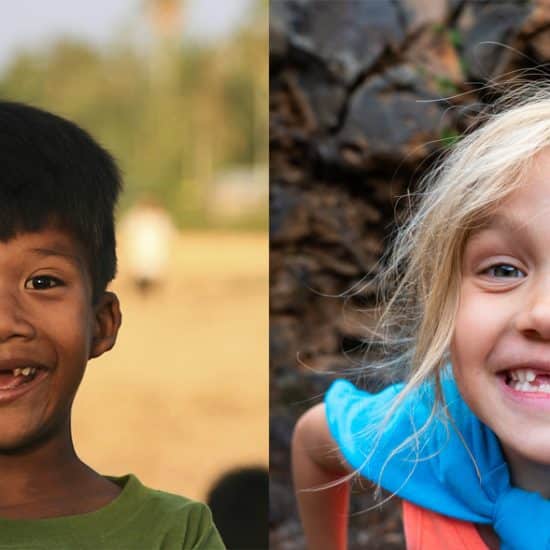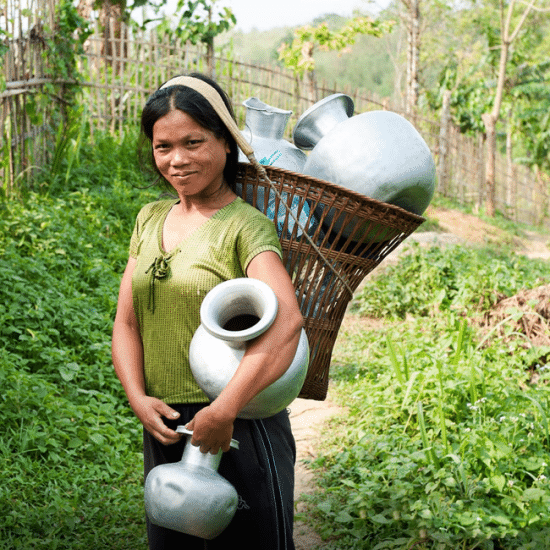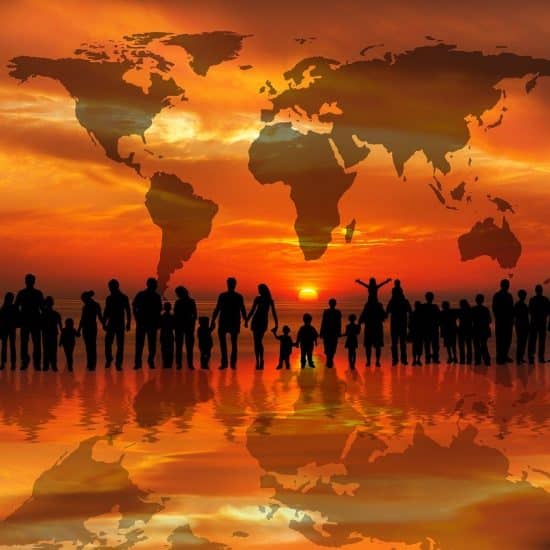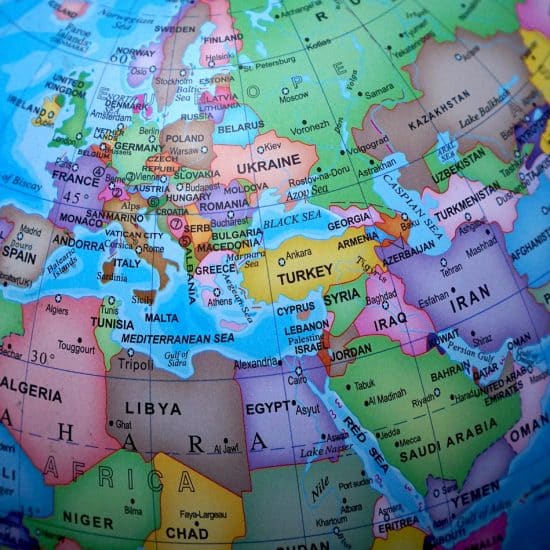The world is a messy place. Just look at the national and international news.
Natural disasters continue to abound, of course. Always have and always will.
In what many of us might regard as one of our most pristine and enjoyable-to-visit states — Colorado — heavy rains and severe flooding are damaging entire communities and displacing residents. In Acapulco, 40,000 tourists are reported trapped because of flooding.
Wildfires continue to plague the West. They devour the landscape, consume homes and businesses, claim the lives of residents and firefighters, and seem to roar out of control.
War continues to plague corners of the planet, and playing dirty is a big part, according to news reports.
United Nations inspectors have confirmed chemical weapon attacks in staggering detail in Syria’s civil war, where more than 100,000 men, women and children have perished in clashes. Millions of Syrians have been displaced from their homes, most within Syrian borders but an estimated 2 million in four neighboring countries.
Today’s morning news suggests a UN team has confirmed the commission of atrocities in North Korea.
The shooting at the Washington Navy Yard days ago has left at least a dozen victims dead and others injured. Another casualty of the attack is the alleged shooter, Aaron Alexis, a naval contractor with security clearance.
We can certainly understand natural disasters — sometimes we call them “acts of God” to indicate they are beyond human capacity to control. In fact, the human spirit is to rally around the victims in such circumstances.
We struggle with war and even more with premeditated acts of terrorism and personal or indiscriminate violence. We live in a world where the means with which people respond too often involve more than filing complaints or in some way voicing our displeasure with our own treatment or with others.
Attacks with weapons — preferably automatic firearms — is definitely a preferred way to make a splash and gain local, national or global attention for any cause or no cause in particular. It doesn’t have to make sense. Usually, such outbursts have a suicidal theme. Perpetrators know that they are not likely to survive an attack themselves. When confronted by authorities, some take their own lives.
Mental stress is virtually always involved.
Even people of faith do not know all the answers. Nor do we have the ability to prevent intentional harm to others most of the time. Individually, we have little control over domestic or international conflicts.
But we have a responsibility to do our part. We in the human family are our “brothers’ keepers.” That means we have a divine mandate, dating back to creation, to look out for each other.
Last month, a bookkeeper in a Decatur, Ga., school, Antoinette Tuff, talked down a distraught would-be shooter who entered the school where she worked. She talked him down, in part by showing a measure of care and compassion, and convinced him to surrender to authorities.
Good for this women. Most of us will not become instant heroes like she did. But we can function in smaller, more manageable ways that help make our world a safer and better place. By all means, we can control our own anger and seek help when our anxieties threaten to overwhelm us.
Bill Webb is editor of Word&Way.




